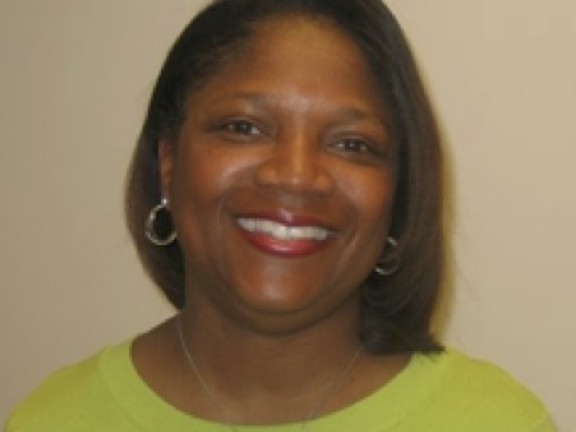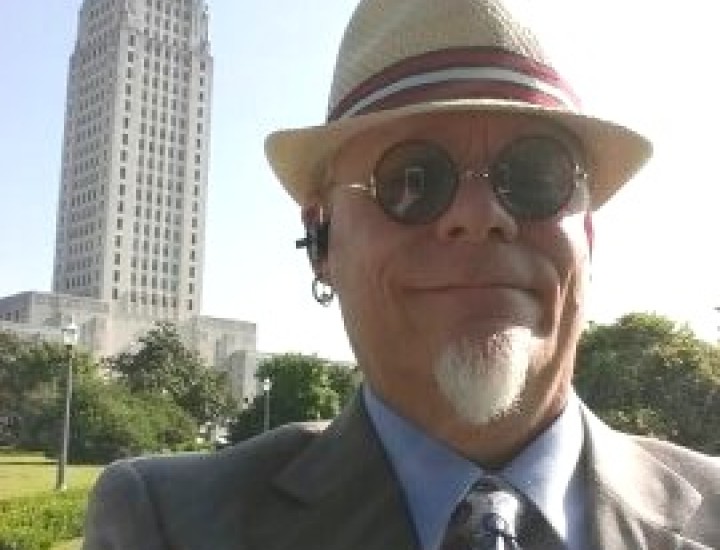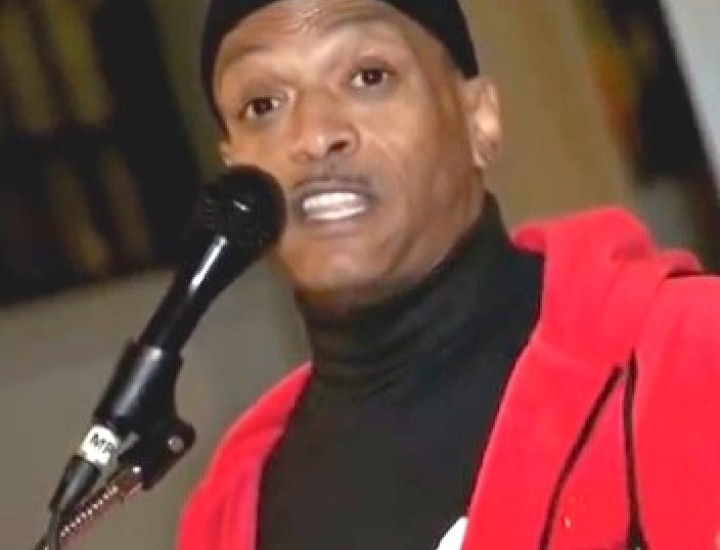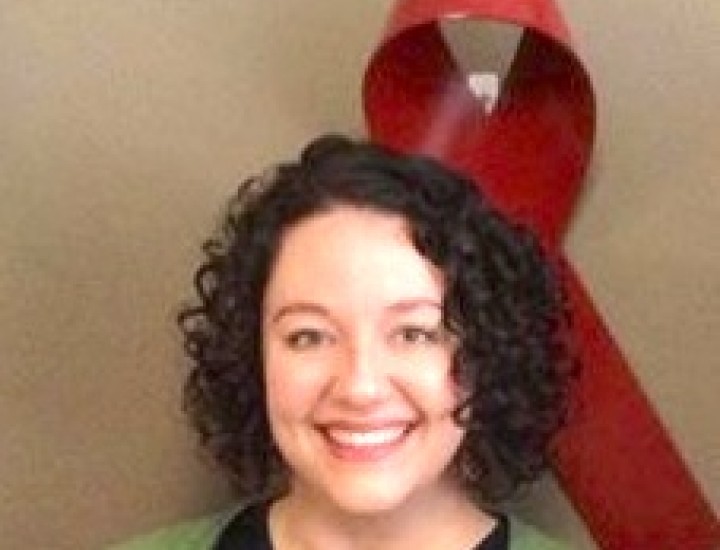Unsung Heroes: LaTrischa Miles, HIV Advocate, Kansas City, Missouri

LaTrischa Miles is a Treatment Adherence Specialist at the Kansas City (Missouri) CARE Clinic. She was diagnosed with HIV 1995 and for the past 13 years has been an active advocate for people living with HIV. LaTrischa is one of the founding members of the Positive Women’s Network - USA(PWN) and a founder of Grace, a faith-based women’s monthly support group. She has served as the chair of a Ryan White Planning Council in an area spanning 11 counties across two states with a population of 1.4 million people, including about 4,000 people living with HIV. She was interviewed by CHLP’s Andrea Sears.
Andrea Sears What is the status of criminal laws in Missouri and Kansas?
LaTrischa Miles In Missouri, for people living with HIV, the law says that risking infection of HIV by engaging in sexual activity, donating organs or blood, sharing needles or biting is a Class B felony. If a person living with HIV cannot prove that they disclosed their status before risking infection it’s punishable by 5 to 15 years in prison. If a person living with HIV cannot prove that they disclosed and HIV is transmitted, that’s a Class A felony punishable by 10 years to life. And that is regardless of whether a condom is used or not. The law states that using a condom is not a defense. And anyone convicted is also registered as a sex offender.
In Kansas, it is unlawful for an individual who knows they are infected to engage in sexual intercourse with another individual with the intent to expose; to sell or donate blood, blood products, semen or tissue or other bodily fluids with the intent to expose; to share with another individual a hypodermic needle, syringe, or both.
AS In either state is actual transmission required? It seems simply the act of having had sex without being able to prove disclosure is enough for a conviction.
LM Yes. And most people who have been in the criminal justice system were arrested just for exposure.
AS Who is primarily affected by this? Are there racial or economic disparities in the enforcement of these laws?
LM I would say that those who are being affected by the laws are primarily individuals of color, predominantly African American men who have sex with men (MSM). They are people who are, often, below the poverty line so they’re persons who have been disenfranchised.
AS What’s the impact on the community? Does the existence of these laws discourage people from getting tested since knowledge of your status is a prerequisite to being prosecuted?
LM Oh definitely! I think it discourages testing and treatment. And if a person is tested and they are made aware of these laws in any way then they don’t come back for the results because if they don’t know, then they won’t go to jail. At least that’s how some people see it. So it is very discouraging for treatment as well as for testing. We have these old, antiquated laws on the books criminalizing biting and spitting. Neither of them are a means of transmission. And so these laws have not caught up with the science.
AS Are there efforts underway in Missouri and Kansas to reform the HIV criminal laws, to bring them into line with modern medical knowledge and with the availability and benefits of treatment?
LM Yes there are efforts to bring these laws into line. I go back to 2011, when I was first contacted by Brook Kelly-Green, a human rights attorney who worked with the Positive Women’s Network at the time, and who worked closely with the Positive Justice Project (PJP) and the Center for HIV Law and Policy. And she asked if I would be interested in working on criminalization and modernizing the Missouri laws or repealing the laws. I didn’t know that there was an issue with the laws until I received that call. I learned that even with protection, even with two consenting adults, that a person with HIV could go to prison. I was shocked. That kind of spurred me into action to educate the community because if I was working for an agency that was about educating people living with HIV and I was not aware that it was a problem, then I knew that my community did not know.
And so I held a community forum back in 2011, to a packed house of about fifty people at the public library. There was standing room only, is what I remember. We had the mayoral staff, case managers, planning council members and our community folks. And I linked up with Gretchen Waddell who was with Doorways, she is a communications and advocacy associate, and we started the Missouri AIDS Task Force. That is a task force that is linking both Kansas City and St. Louis together. And we’ve been working on getting the word out as far as educating the community.
We had a second forum in 2012. Then a third forum in Kansas City with law enforcement, prosecutors, the sex crimes unit, case management and disease intervention specialists. And I believe that was a real turning point, not just for community folks, but for people that are involved in law enforcement.
Our latest forum was this year when we showed the film HIV Is Not A Crime and talked about the stigma and discrimination against people with HIV. We’ve been making strides to educate the HIV community, as well as anyone else who will hear us, aware that this is a problem: As long as these laws are on the books a person can be prosecuted.
AS So you’ve begun a process of educating not only the public but also public officials. Are you seeing results?
LM We’ve answered questions. We’ve raised awareness. I believe just presenting the information gave them a different view of these laws. We’ve had one educational session with public officials in the sex crimes unit. Our intent is to definitely visit with them again and start a training program, maybe for the entire law enforcement division.
AS The U.S. Department of Justice recently issued a “Best Practices Guide” calling for the reform or repeal of HIV criminalization laws on the state level. Will this serve as an impetus in your area to address these laws and do something about them?
LM Definitely. Any assistance that we can get, whether it is national or local, will serve to help our cause. The biggest challenge we have is to increase knowledge and awareness of criminalization. What we do want to accomplish is modernizing those laws or repealing the laws. Our goal is to introduce legislation on a statewide level.
***
CHLP’s Unsung Heroes is a series of portraits included in The Fine Print blog of individuals who are contributing mightily, without fanfare, to keep our issues, needed agencies, and members of our communities alive.





